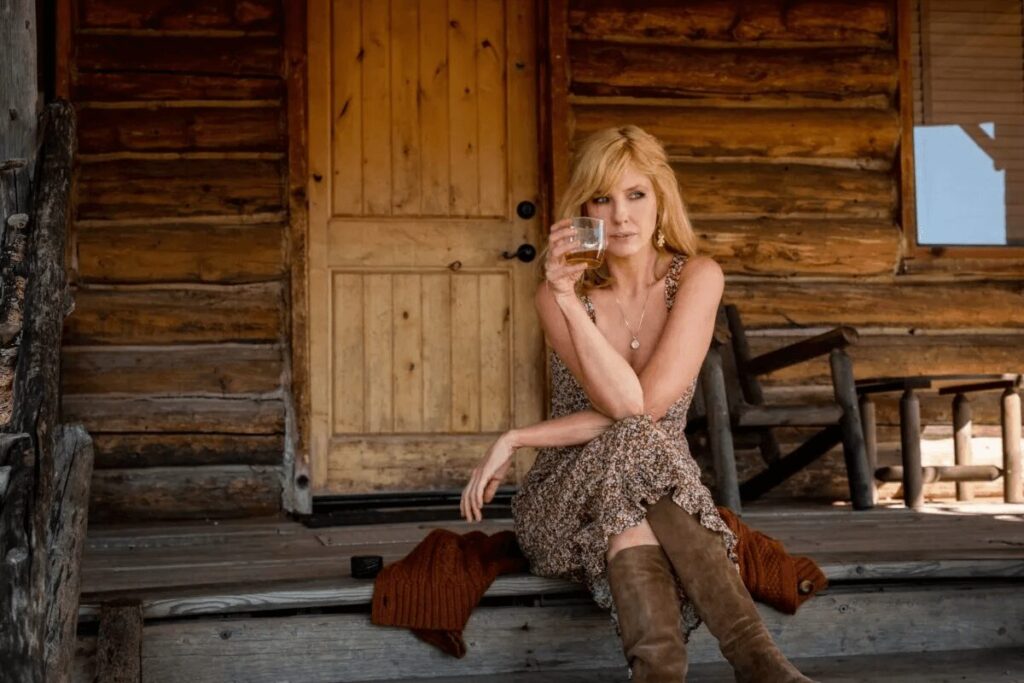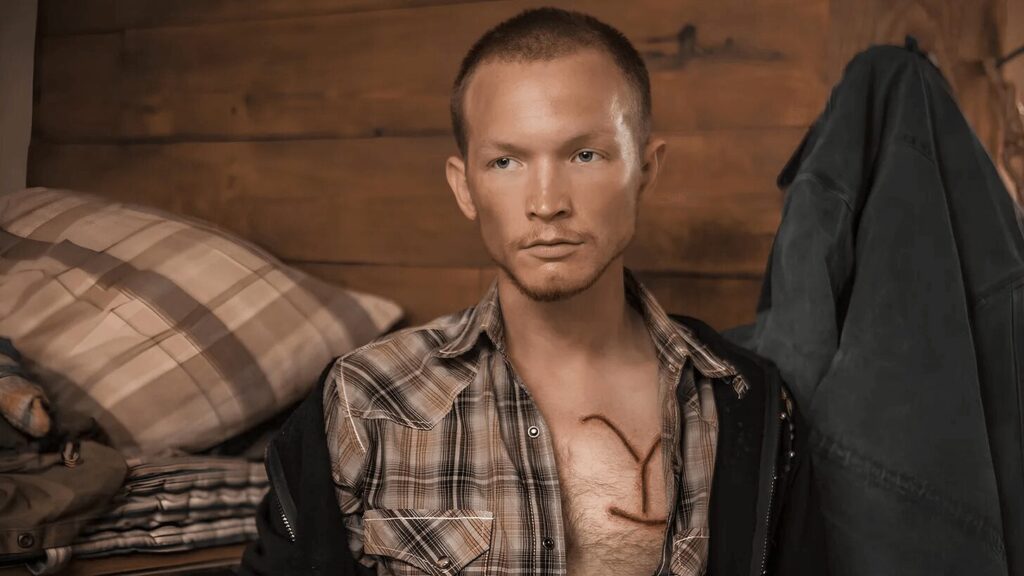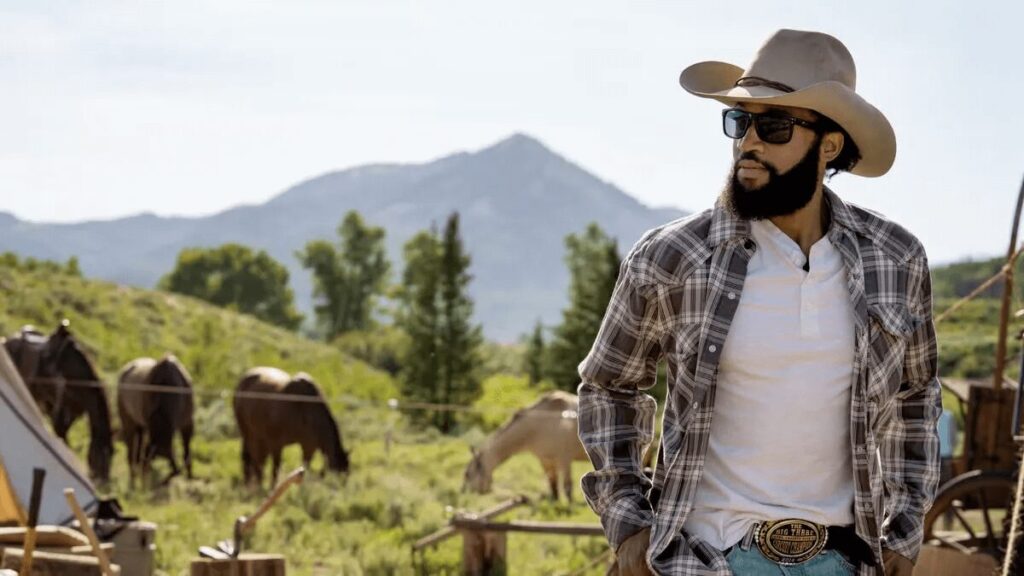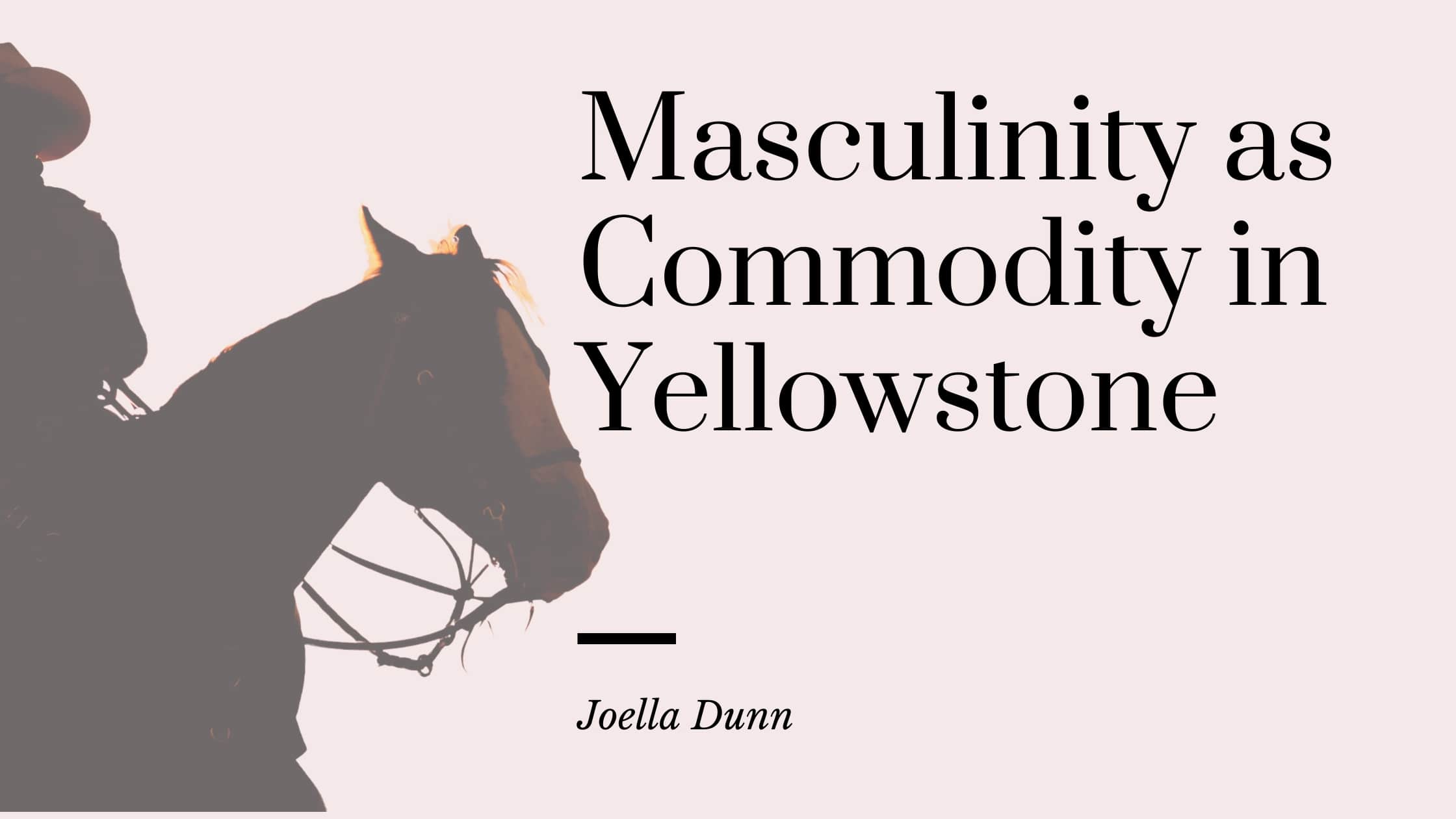I’ve been thinking about the role that gender plays in westerns, particularly modern versions like Yellowstone. To “survive”, the characters assume a hyper-masculine, dog-eat-dog persona, which is easily eaten up by audiences in America.
Even the titular female character, Beth, the lone daughter, assumes a hardened, arrogantly masculine persona to deal with the death of her mother and to continue the legacy of the ranch, even though she has no interest in running it herself.
She drinks herself into far beyond stupor levels (hello alcoholism), talks about being fucked to her father, starts physical fights with her older brother, and verbally out-maneuvers any man she comes across. At the same time, Beth wields her femininity as a weapon, as if challenging any man stupid enough to fall for her sundresses, low-cut shirts, and soft bangs.

This is supposed to shock us. A woman in a man’s world, always getting the last word in even in the same room as tycoons with more money than god, hellbent on taking her family’s legacy.
We find out her mother was sharpening her like a knife long before the mother’s death. Beth’s mother claimed the mentality that if she was the most difficult thing Beth faced, she’d properly prepare her for the cutthroat world of Montana ranching.
She inadvertently did, dying in an extremely traumatic way, while blaming Beth for the horse accident with her final breath. And in the end, what’s worse than that? A daughter’s mother scorning her, labeling her weak and unfit for the world in which she was delivered.
Masculinity is clearly tied to capability. As a child moments before her mother’s death, Beth was scared of her own horse. The animal that was supposed to be her second half, her co-dependant beast, was feeding off Beth’s fear. Her inability to confidently ride her horse led to her mother’s inevitable fall.
As a result, Beth is a hardened adult woman who believes herself incapable of not doing something. She attempts to topple billion-dollar enterprises, even if she loses everything in the process. She starts fights with her brother, knowing that he could simply punch her to the ground. Her womanhood makes no difference; she will be the same (often better) than any man.
At the same time, the hands on Dutton ranch are made into men through fire. Literally fire, as they are branded with the same iron that marks every piece of cattle. Even if they are plagued by their past, the hands are forced into capability out of the sheer will of John (the owner of Yellowstone) and Rip (the head hand).

Jimmy is a former meth user and felon on a one-way road to a bad life. Rip forces him into cowboying as a favor called in by Jimmy’s grandfather. Without any previous experience, Jimmy is literally strapped to a horse and seemingly coerced into the same form of masculinity that’s required of every cowboy. He learns to ride, herd cattle, rope, and even kill for the ranch.
Masculinity seems to always be tied with commodity and violence, and this is especially clear in Yellowstone. The hands who were formerly felons are literally branded by the Yellowstone logo. They are then forced into a life of servitude, but brotherhood. They can never leave the ranch permanently, unless they’re taken to the “train station”, or death.
If this isn’t interpreted as slavery, for which an argument can be made, it’s a trade. Yellowstone offers men a new way of life – learn to cowboy and protect the ranch with your life. In turn, they’ll learn to be a man, earn the respect of their fellow man, and never have to ask for food or lodging ever again.
This trade works for some, and plagues others. Some hands are already considered men, professional cowboys that simply conform to the Yellowstone’s dangerous lifestyle. Others, like the singer, aren’t told the specifics of what they’re getting into. They’re preyed upon at their lowest (for the singer, it’s when he’s released from prison), and told they can’t ever leave.
I find it hard to believe that Colby, a black man, never questions this. He starts out as a day cowboy, allowed to live in the bunkhouse without a brand. He isn’t involved in the more illegal activities, just cowboying. Later, he’s attacked alongside Teeter and pledges his life to the Yellowstone. They both, along with the rest of the bunkhouse, receive the lifelong brand.

Colby is branded as the ranch’s property. Or more specifically, John Dutton’s property. It’s sold as a band of brotherhood, but consider what a brand is. It’s quite literally ownership, which has terrible implications considering our country’s history of slavery.
However, there does seem to be a level of protection that they all share. After Jimmy is approached by men to whom he owes money, the hands gang together to get rid of the problem for him. Once Jimmy is seen as a man, capable of conforming to the brotherhood, he’s in it for life. This has positive and negative ramifications on his life. He tries to find his personhood through the rodeo, but is convinced otherwise by John and the brand burning his skin.
The characters in Yellowstone struggle to remain caretakers and owners of land that they possibly should not own. Through land war after land war, they must harden themselves and display masculinity in positive and negative ways. They keep the land, but break relationships, avoid healing personal trauma, and bond themselves forever to the Montana ground.
While you’re here, check out some more (amazing?) insights from a chronically online 25-year-old:
